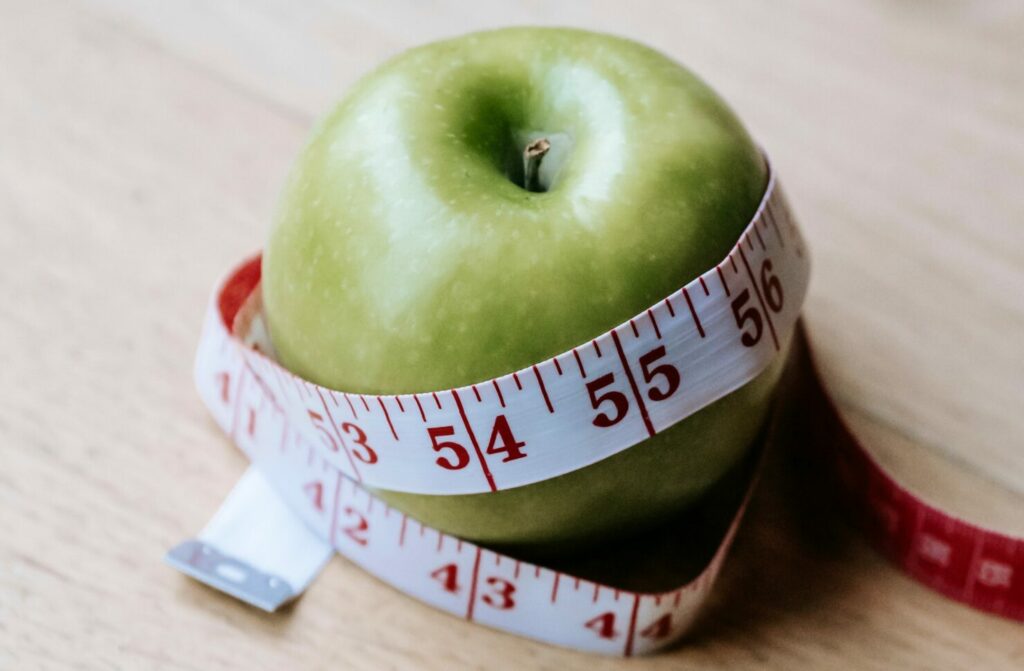Insufficient Water Intake During Dieting Puts You At Risk of Serious Health Issues
Dehydration can lead to risks like muscle cramps, sluggish metabolism, challenging body temperature regulation, and more for those on a diet.

Subscribe to our FREE Newsletter, or Telegram and WhatsApp channels for the latest stories and updates.
Achieving the ideal body weight is no easy feat. For those struggling with excess weight, numerous methods are often attempted to shed those extra pounds, yet not all prove effective.
Among the commonly discussed strategies for weight loss is the consumption of a substantial amount of water.
However, there are instances where people embarking on a weight loss journey find it challenging to maintain adequate hydration.
The Perils of Inadequate Water Intake During Dieting

In a recent post on X’s Twitter handle (@dillanur_), a diet coach elucidated the potential pitfalls individuals may encounter if they fail to maintain sufficient water intake while on a weight loss regimen. These include:
1. Diminished Physical Performance
Dehydration can lead to reduced physical performance and stamina, making calorie-burning exercises more demanding.
2. Slower Metabolism
Dehydration can compromise the efficient burning of calories, potentially slowing down the rate of weight loss.
3. Difficulty in Body Temperature Regulation (Thermoregulation)
Inadequate water intake can challenge an individual’s ability to regulate their body temperature, increasing the risk of overheating and heat-related issues.
4. Interference with Fat Breakdown
Effective weight loss necessitates the breakdown of fat stores. Dehydration may disrupt this process, hindering fat burning.
5. Appetite Dysregulation
Dehydration can lead to appetite dysregulation, where thirst is mistaken for hunger, potentially resulting in overeating and hampering weight loss efforts.
6. Kidney Strain
Inadequate water intake during dieting can strain the kidneys, responsible for filtering waste products from the body. If left unaddressed, this strain could lead to future kidney-related health problems.
7. Electrolyte Imbalance
Electrolytes, such as calcium, potassium, and sodium, are essential components in the body. Dehydration can disrupt the balance of these electrolytes, potentially causing muscle cramps, fatigue, and other complications.
8. Headaches
Insufficient water intake during dieting may result in headaches and fatigue, making it challenging to maintain focus.
3 Effective Approaches for Weight Loss

For those seeking swift weight loss solutions, here are three practical recommendations from a healthcare professional:
Reduce Sugar and Carbs in Your Diet: Minimising the consumption of sugar and carbohydrates can aid in weight management.
Incorporate Weightlifting into Your Exercise Routine: Regular weightlifting sessions, at least three times a week, can enhance your physical fitness and contribute to weight loss.
Embrace a High-Protein, Low-Carb Diet: Increasing your intake of high-protein foods and low-carb vegetables, such as broccoli, spinach, and leafy greens, can be instrumental in achieving your weight loss goals.
Share your thoughts with us via TRP’s Facebook, Twitter, Instagram, or Threads.





